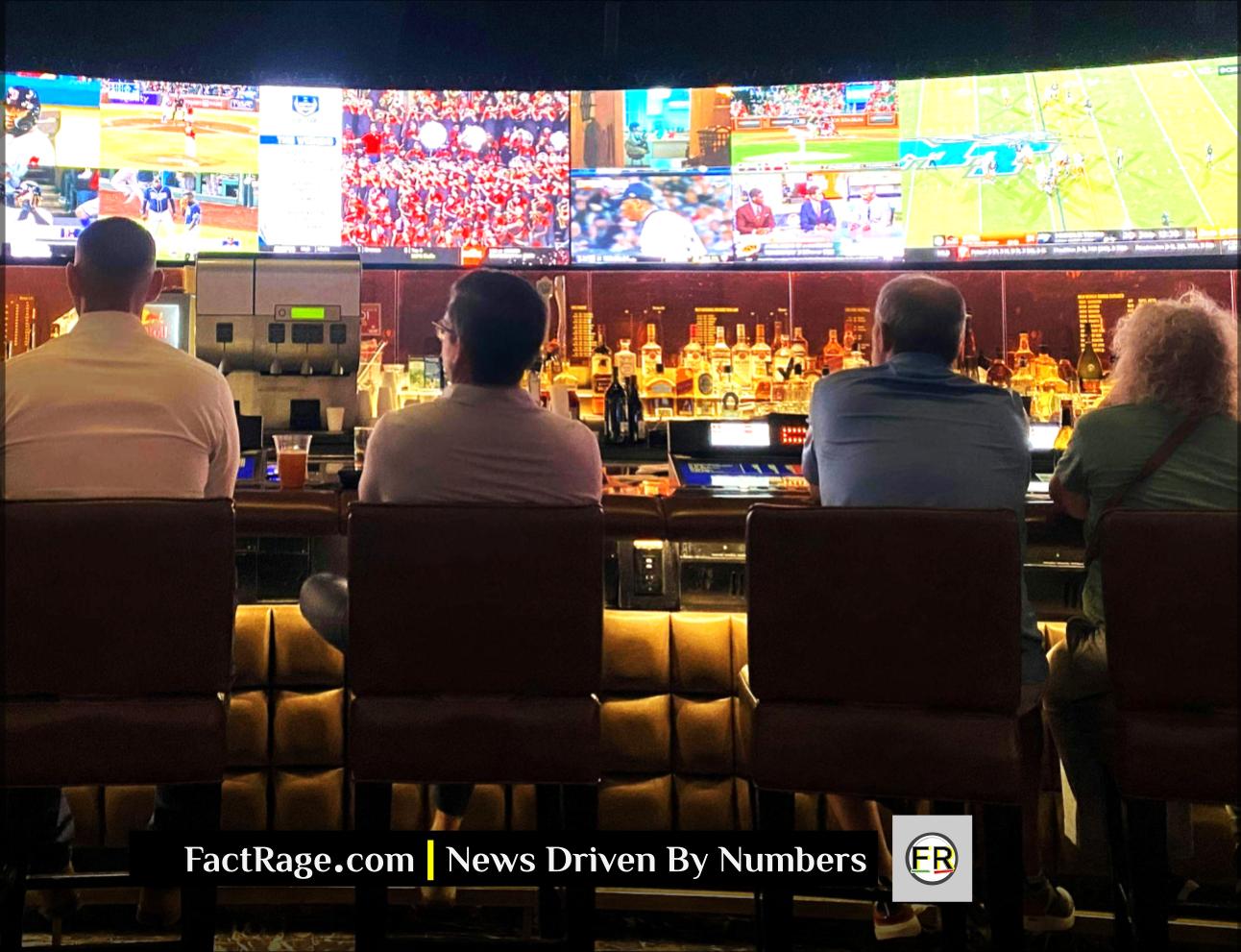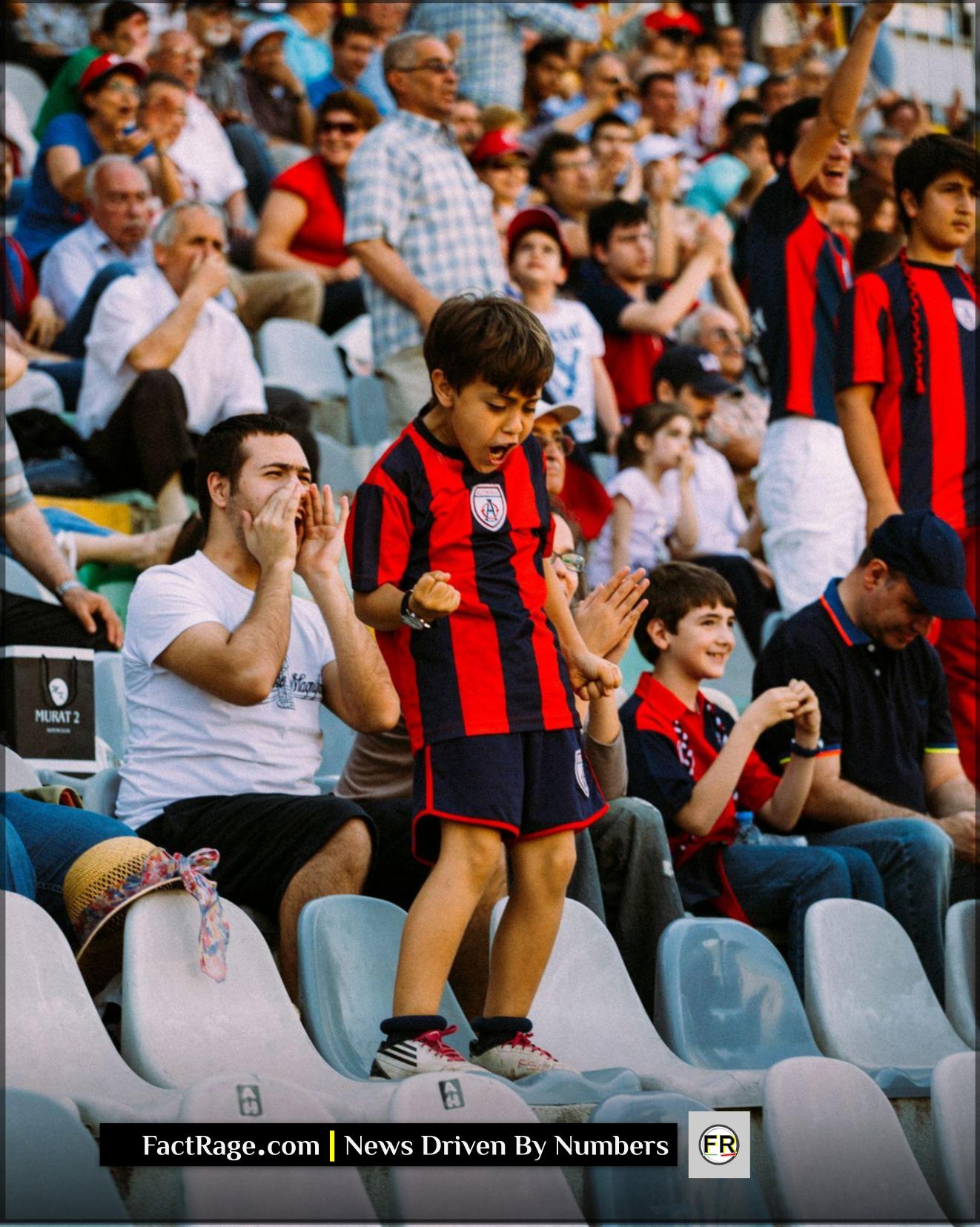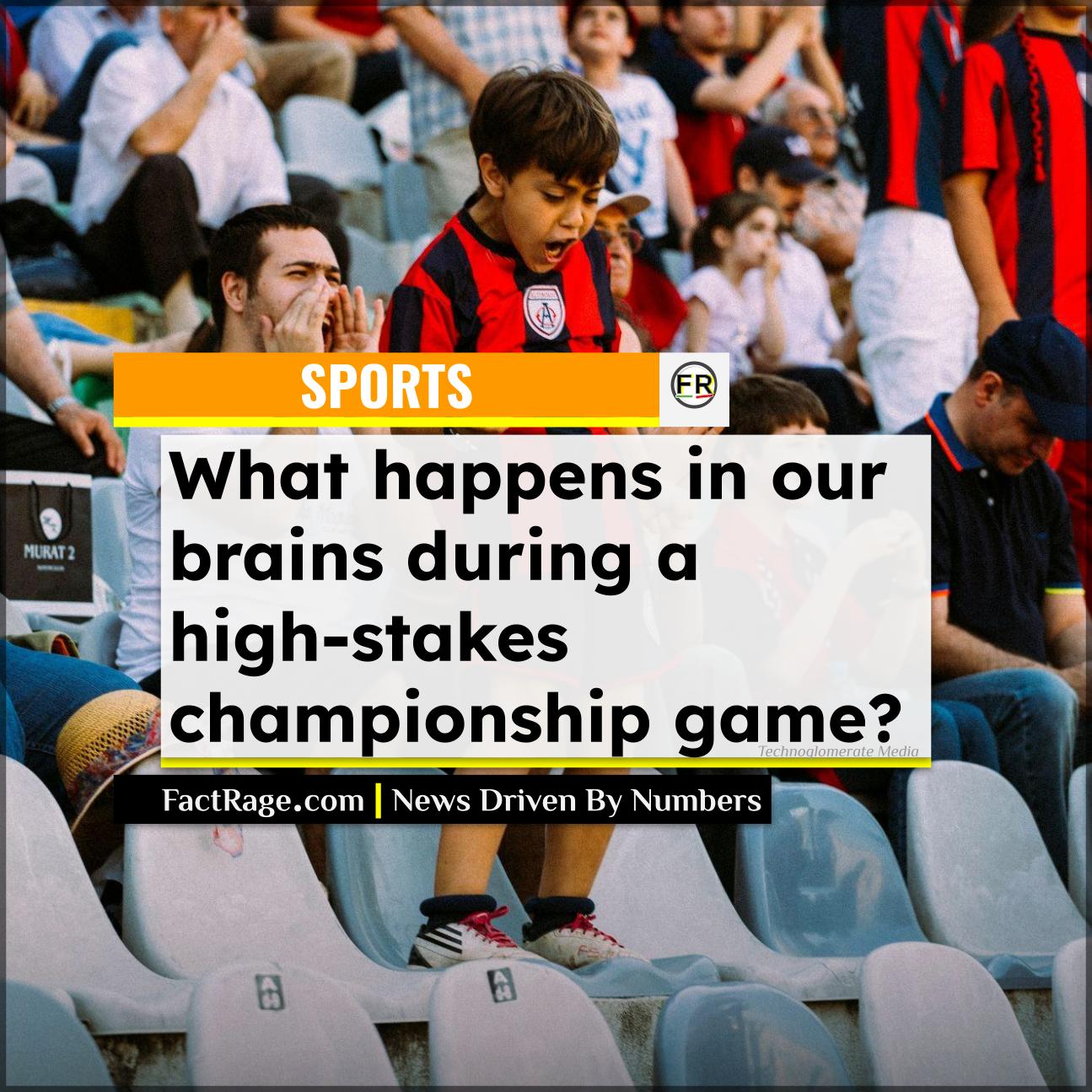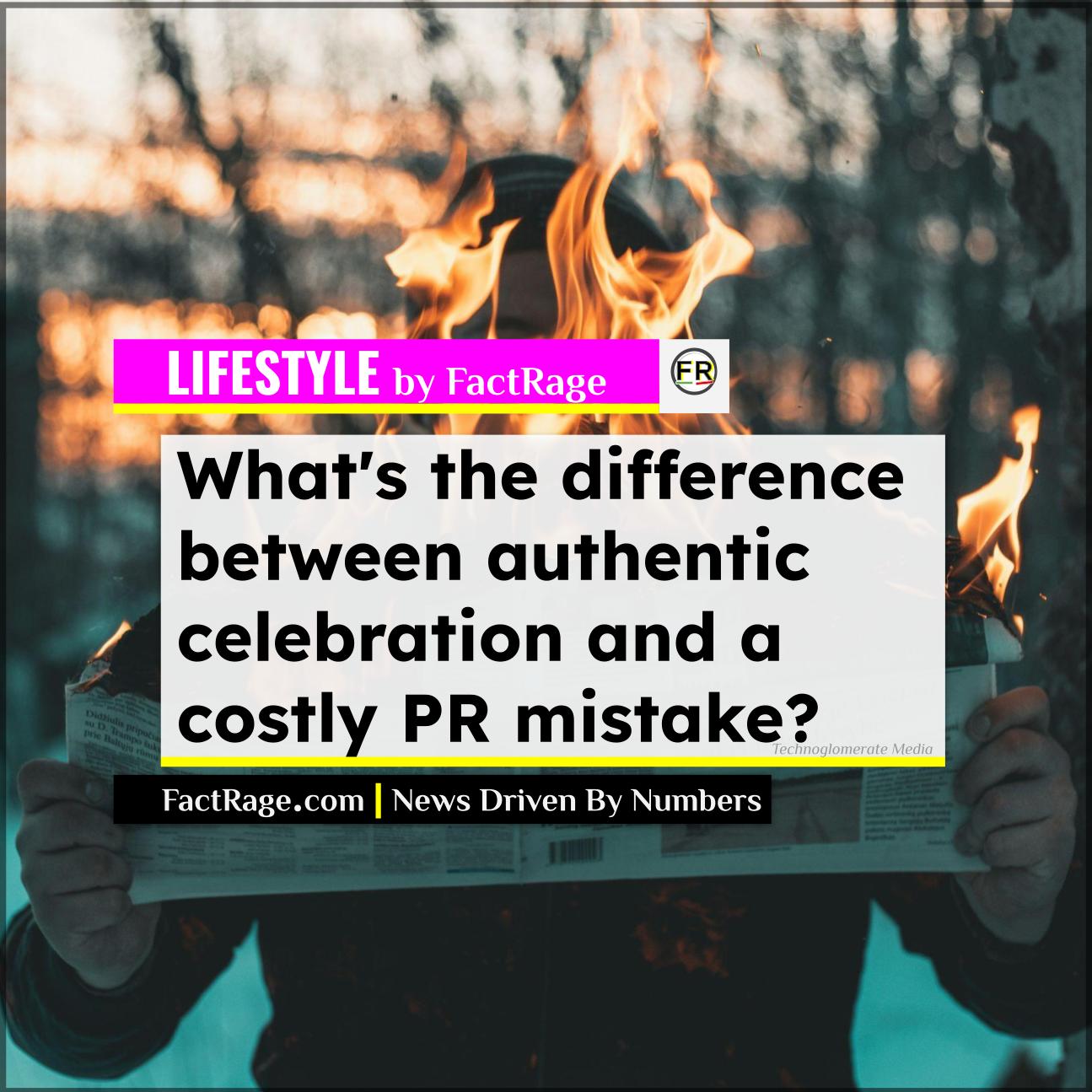FACTRAGE – For the uninitiated, it’s just a basketball game. But for millions, a Game 7 of the NBA Finals represents something far more profound—a crucible of collective anxiety, a test of civic identity, and the culminating moment of a season-long emotional investment.
- A Psychological Extension – Research shows that highly identified fans feel a deep psychological connection to their team, where the team’s successes and failures are experienced as their own. This phenomenon is known as ‘Basking in Reflected Glory’ (BIRGing) and ‘Cutting Off Reflected Failure’ (CORFing).
- A History of Drama – The NBA Finals has seen 19 Game 7s, each leaving an indelible mark. Iconic moments, like LeBron James’s chase-down block in 2016 or Willis Reed’s inspirational return in 1970, are etched into the cultural memory of entire cities.
- The Rituals of Hope – A survey of sports fans revealed that over half engage in game-day superstitions, from wearing ‘lucky’ apparel to sitting in a specific seat, believing their rituals can influence the outcome of the game.
It’s a phenomenon that transcends sport. When a championship series is pushed to its absolute limit, the game becomes a focal point for an entire community’s hopes and fears. It’s a shared experience that plays out in living rooms, bars, and public squares, uniting strangers in a singular, nerve-wracking cause. But what is it about this one-game showdown that takes such a powerful hold on our collective psyche?
The Brain on Brinkmanship

At its core, the intense connection to a team is a matter of identity. Psychologists refer to the extent to which a fan feels a personal link to their team as “team identification.” When this connection is strong, the team’s journey becomes an extension of the fan’s own life story. Their victories trigger a release of dopamine, the brain’s “feel-good” chemical, creating a genuine sense of personal achievement.
This deep bond explains why a loss can feel so personal. The stress hormone cortisol can be released as if the fan suffered a personal setback. A Game 7, therefore, isn’t just a contest; it’s a high-stakes emotional event where a community’s sense of self-worth hangs in the balance. This shared experience fosters an incredible sense of belonging and can reduce feelings of loneliness, as people from all walks of life are temporarily unified with a common purpose.
A City’s Shared Heartbeat
Beyond the individual, a Game 7 has the power to define a city’s mood and identity. The economic impact is tangible, with host cities often seeing a surge in tourism and local spending. But the social impact is arguably more significant. These events bolster civic pride and community togetherness, creating what sociologists call “social capital”—the shared values and trust that allow people to work together.
Think of the New York Knicks in 1970. When an injured Willis Reed famously limped onto the court for Game 7, his presence was more than just a strategic advantage; it was a symbolic act of resilience that lifted the spirits of an entire city. Or consider the 2016 Cleveland Cavaliers, when LeBron James’s heroic performance to win Game 7 ended a 52-year championship drought for the city, providing a moment of collective catharsis. These moments become part of a city’s folklore, passed down through generations.
The Superstitions That Bind Us

On the longest day of the year, the summer solstice, fans engage in their own rituals, hoping to tilt fate in their team’s favor. It’s a deeply human response to a situation far outside one’s control. More than half of fans admit to having game-day superstitions. These can range from wearing the same unwashed jersey for every playoff game to meticulously arranging snacks in a specific order.
While seemingly irrational, these rituals serve a psychological purpose. They provide a sense of agency in a chaotic environment. For the 48 minutes of game time, thousands of individuals are performing these small, private acts, bound by the shared, unspoken belief that they are all in this together, contributing in their own small way to the final outcome. Whether it ends in the agony of a last-second miss or the eruption of communal joy, the experience leaves an unforgettable mark on the people and the place they call home.












